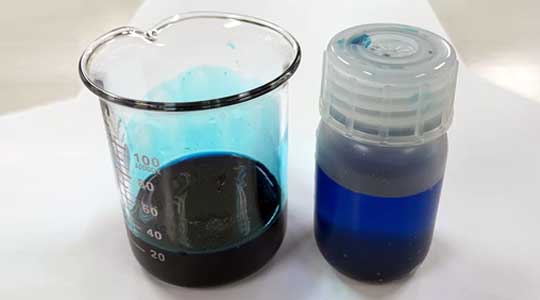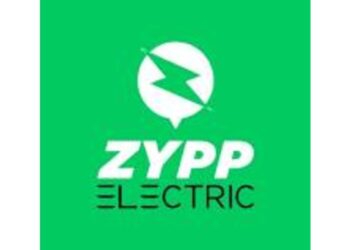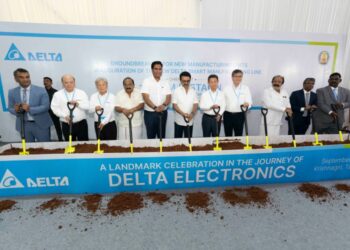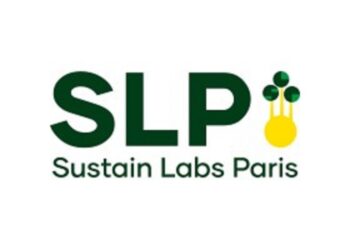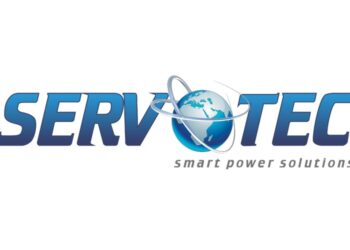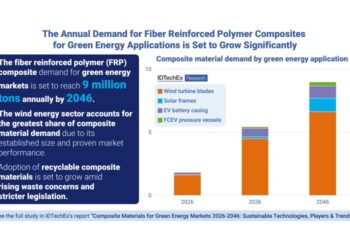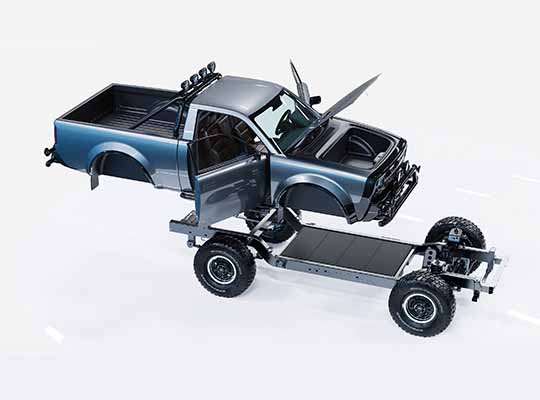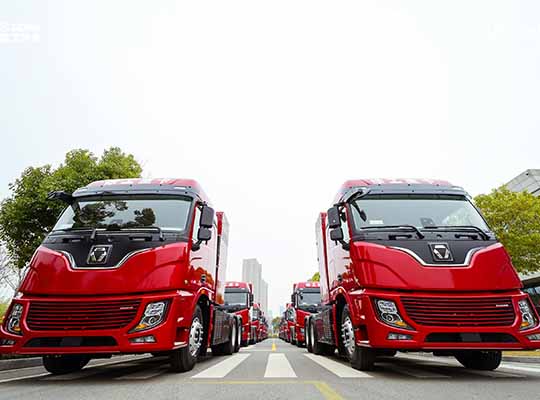Green Science Alliance developed a procedure to extract rare metal such as cobalt, nickel and manganese from cathode and black mass of lithium ion battery with their original natural deep eutectic solvent.
Rechargeable batteries are extremely important technologies in order to establish carbon neutral, sustainable society. The typical rechargeable battery is the lithium ion batteries and their production quantity is rapidly increasing as demand for EV, mobile phone, electronic devices and stationery batteries is on the huge rise. Lithium ion batteries contains various types of rare metals such as cobalt, nickel and manganese especially in their cathode materials and it is predicted that the value for these metals will continue to rise. Therefore, it is very important to recycle those precious metals. The recycle system for lead acid batteries as conventional rechargeable battery is already established although the recycle system for lithium ion batteries is not sufficient enough in terms of its efficiency, safety, and its recycle cost.
The current lithium ion battery recycling system include the usage of toxic inorganic acid such as sulfuric acid or strong organic solvent which are very harmful to the environment. In addition, some chemical process includes high temperature condition and emit toxic corrosive vapors which is very dangerous to factory operators.
In this regard, Dr. Ryohei Mori at Green Science Alliance developed alternative process to extract and recycle rare metal from lithium ion battery cathode materials. He has also succeeded in extracting cobalt, nickel and manganese from waste material called “Black Mass” from lithium ion batteries. He has applied the new materials called deep eutectic solvent, instead of using toxic inorganic acid and solvent.
Especially he has synthesized environmentally friendly natural deep eutectic solvent and utilized as extraction solvent for this process. Natural deep eutectic solvents are much safer and environmentally friendly compared to toxic and corrosive sulfuric acid or organic solvent.
It should be noted here that “Black Mass” were supplied from Shinko Flex Inc. (Kawashima Group).
For the real industrial application, this metal extraction process using natural deep eutectic solvents needs to be exactly compared to that of conventional process with inorganic toxic acid. Green Science Alliance will further search for the best deep eutectic solvent and metal sedimentation process, in order to obtain rare metal from lithium ion battery more efficiently.
* Deep Eutectic Solvent
Deep Eutectic Solvent is the solvent which has similar characteristics to that of ionic liquid. It is the eutectic mixture composed of Lewis acid or Bronsted acid, and base materials. They contain various type of anion ion and cation ion. Deep eutectic solvent can be synthesized by using certain ratio of hydrogen bond donor chemicals and hydrogen bond accepter chemicals. By applying 2 or several chemical compound, one can obtain eutectic substance which has lower melting point than any of individual chemical’s melting point. The good point is that deep eutectic solvent is cheaper than ionic liquid in general. Among deep eutectic solvent, nature based synthesized one is called Natural Deep Eutectic Solvent. They are even more environmentally friendly solvent.
Application examples of deep eutectic solvents are
1. Electrolyte for battery
2. Extraction of various type of plant derived materials such as catechin, flavonoid, anthraquinone, alkaloids etc…
3. Solvent for various type of organic synthesis
4. Extraction and deposition of various type of metal including rare earth, rare metal etc… (this article)
5. Gas absorption
6. Dissolution of cellulose, lignin etc…
7. Plasticizer
8. Biofuel purification
Green Science Alliance was chosen as United Nation support startup company in 2020, Kobe, Japan (UNOPS S3i Innovation Centre Japan)


